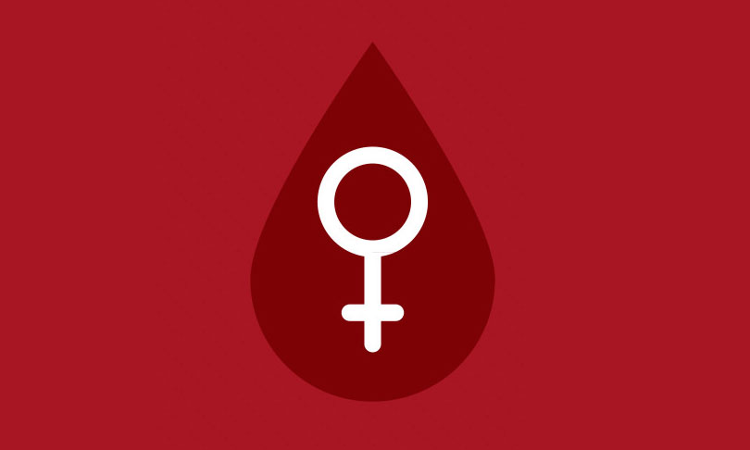Inadequate Menstrual Hygiene Facilities Impeding Right to Education: Jammu & Kashmir HC Seeks Center's Response
LIVELAW NEWS NETWORK
15 Dec 2020 4:21 PM IST

"Inadequate Menstrual Hygiene Management options would be a major barrier to education, with many adolescent girls dropping out due to lack of access to sanitation facilities"
Next Story


